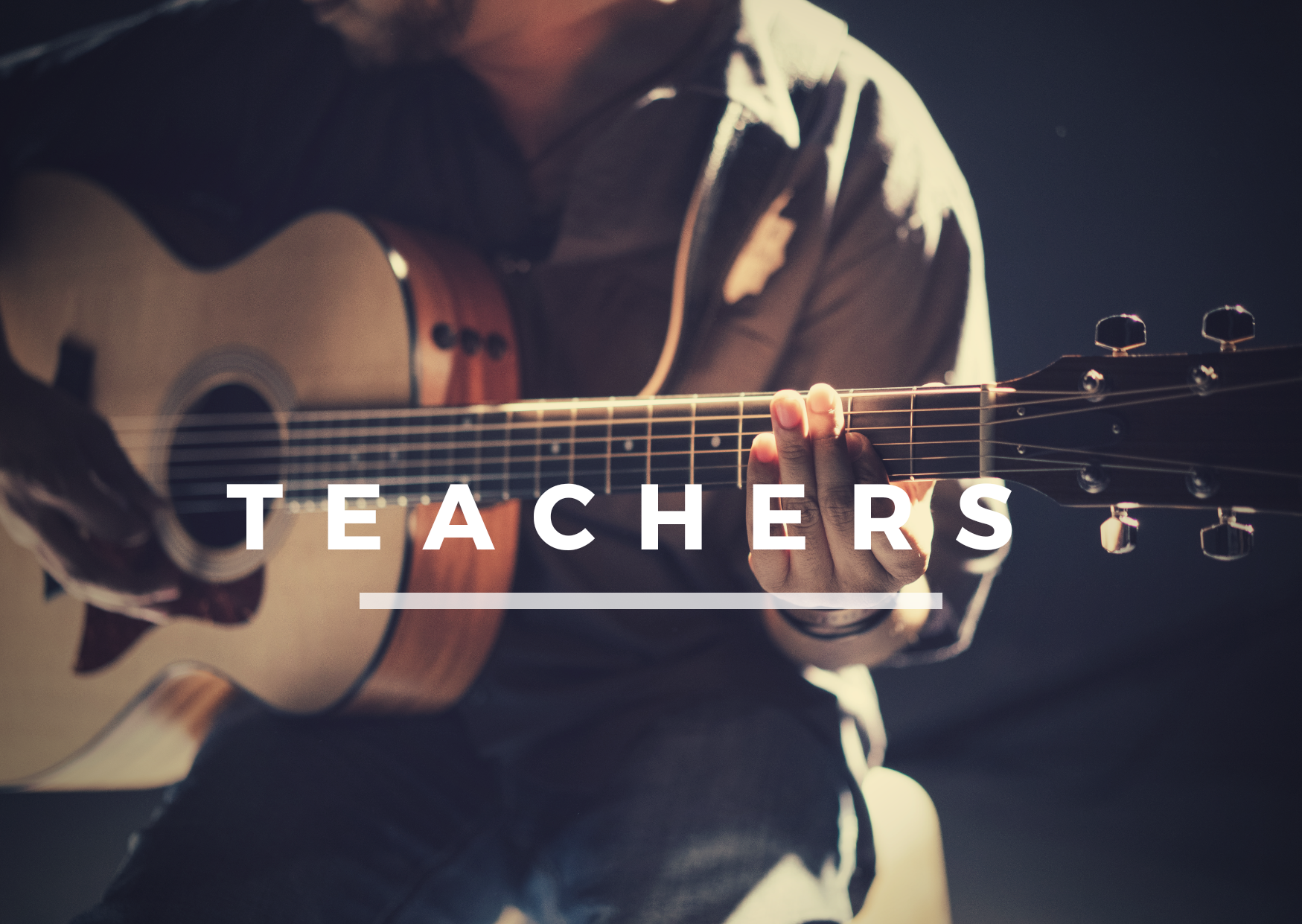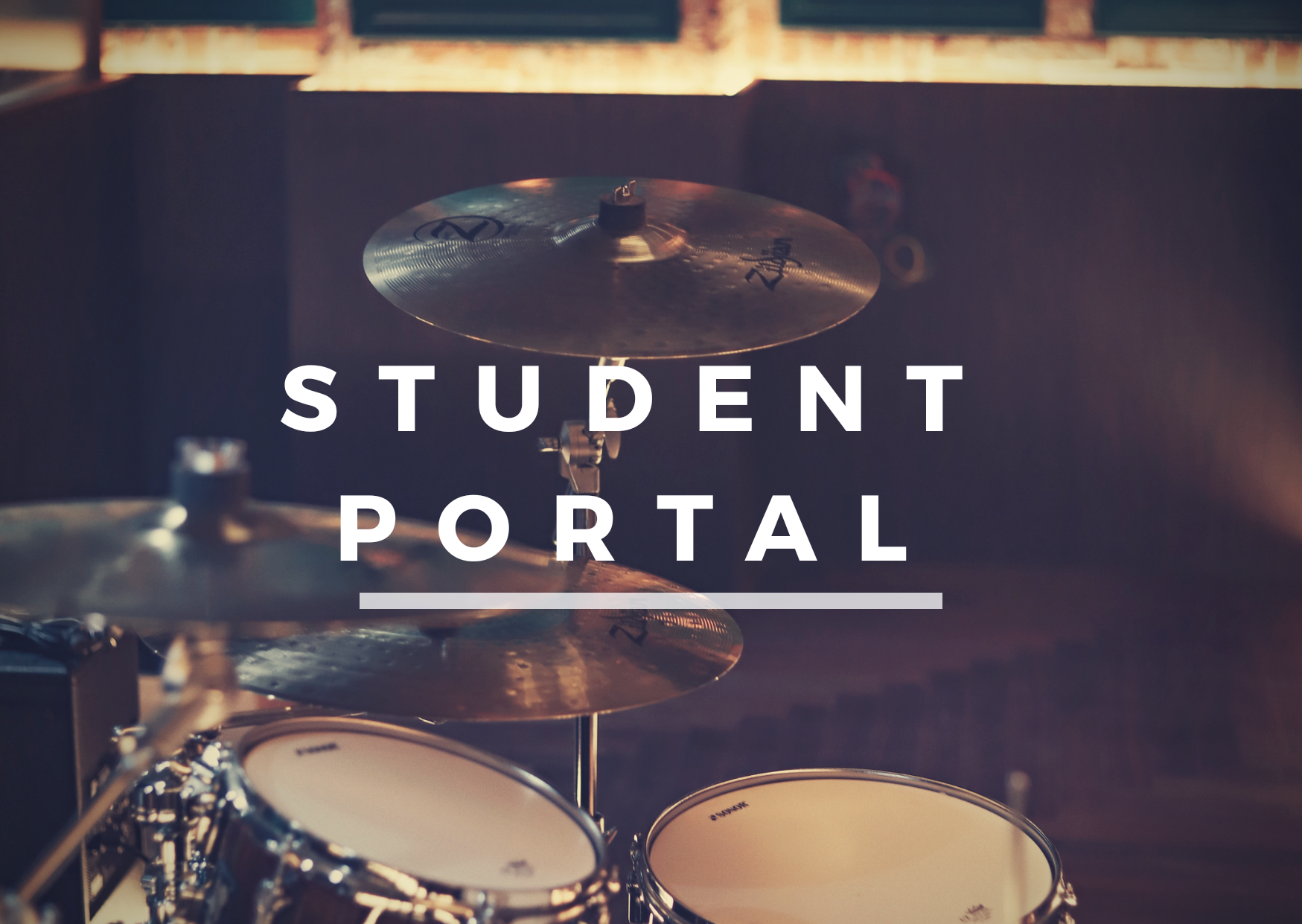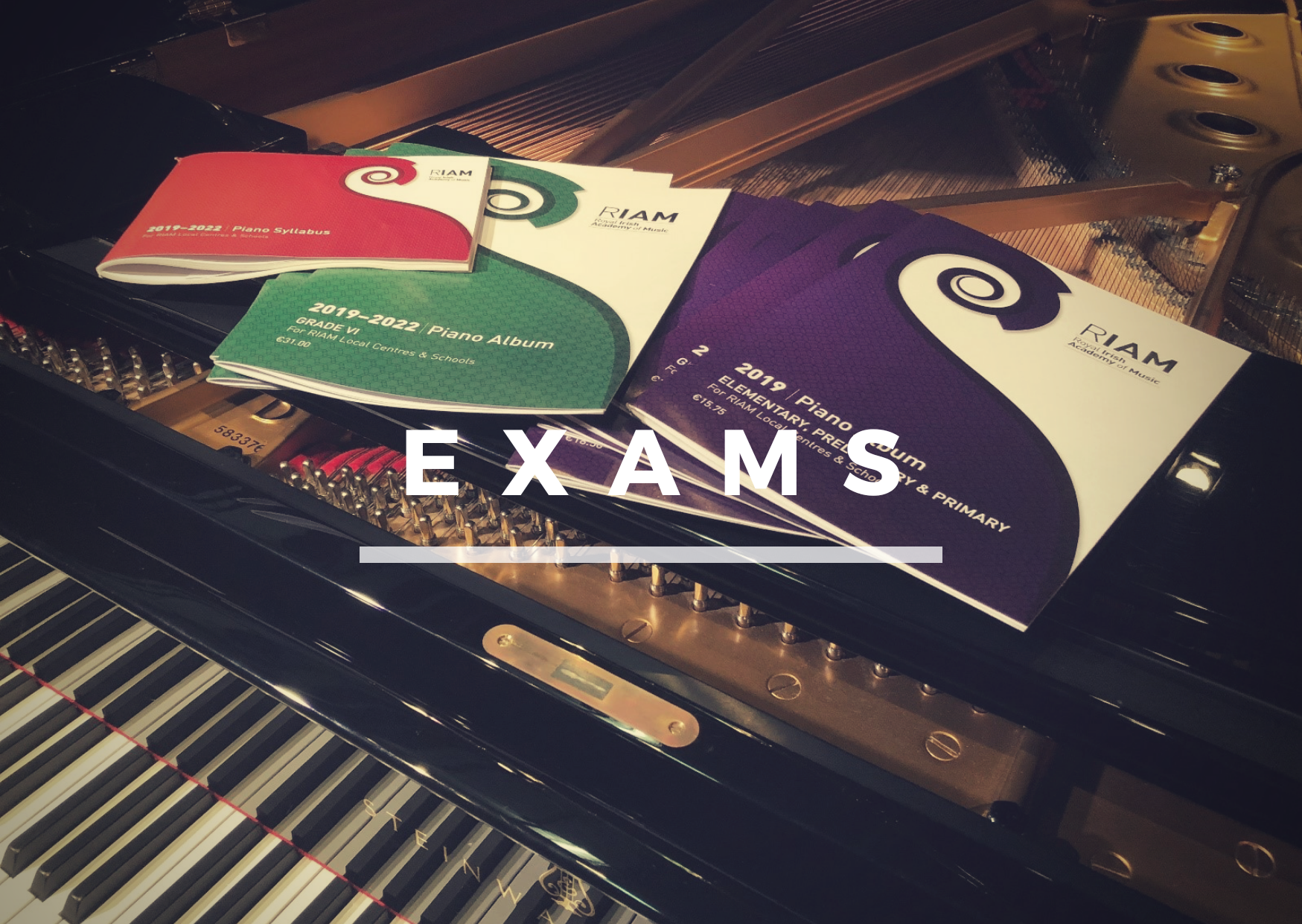Mayo School of Music Child Safeguarding Policy
The Mayo School of Music is fully committed to providing a safe environment for children and young people, and to safeguarding the well being of our young students. School faculty, and administrative staff should, at all times, show respect and understanding for the rights, safety and welfare of students and conduct themselves in a way that reflects the principles of the School.
The aim of the Mayo School of Music’s Protection Policy is to promote best practice in protection and set out a procedural framework to ensure that members of staff are equipped to make informed responses to specific issues and minimise risk with regard to child protection and welfare issues. In implementing our policy, we follow the recommendations of the Department of Children and Youth Affairs in these documents: Children First – National Guidance for the Protection and Welfare of Children and Our Duty to Care – The Principles of Good Practice for the Protection of Children and Young People.
Following are the Mayo School of Music’s procedures covering:
- Code of Behaviour for Staff
- Procedures for Reporting Suspected Cases of Abuse
- Allegations of Misconduct or Abuse by Staff
- Recruitment and Selection Practices
- Complaints and Accidents Procedure
These are explained in more detail below.
Code of Behaviour for Staff
- Children are to be treated with dignity, sensitivity and respect.
- MSOM staff must be sensitive to the risks involved in interacting with children in a one-to-one setting.
- While physical contact may be necessary to instruct a child how to hold/play an instrument, it should be appropriate to the lesson or class, and only take place when it is acceptable to all concerned.
- While physical contact is a valid way of comforting, reassuring and showing concern for children, it should only take place when it is acceptable to all concerned.
- School staff should never physically punish or be in any way verbally abusive to a child; nor should they ever tell jokes of a sexual nature in the presence of children.
- School staff should be sensitive to the possibility of developing favouritism, or becoming over involved or spending a great deal of time with any one child.
- Children and/or parents should be encouraged to report any problems to Shaun Heneghan, the MSOM Child Protection Officer,
- All complaints and allegations will be met with a response.
- Everyone involved with the MSOM should respect the personal space, safety and privacy of individuals.
Procedures for Reporting Suspected Cases of Abuse
Child abuse can be categorised into four types: neglect, emotional, physical and sexual. Children First – National Guidance for the Protection and Welfare of Children includes the following definitions of child abuse:
- Neglect. This is where a child suffers significant harm or impairment of development by being deprived of food, clothing, warmth, hygiene, intellectual stimulation, supervision and safety, attachment to and affection from adults, or medical care.
- Emotional Abuse. This is normally found in the relationship between a caregiver and a child. It occurs when a child’s needs for affection, approval, consistency and security are not met.
- Physical Abuse. Physical abuse is any form of non-accidental injury that causes significant harm to a child.
- Sexual Abuse. Sexual abuse occurs when a child is used by another person for his or her gratification or arousal, or for that of others.
Any person who suspects that a child is being abused or is at risk of abuse has a responsibility to report their concerns to the health board (via the School’s Child Protection Officer, Shaun Heneghan). The Protection for Persons Reporting Child Abuse Act (1998) provides immunity from civil liability to persons who report child abuse ‘reasonably and in good faith’ to designated officers of health boards or any member of An Garda Síochána.
Within the MSOM, the report should be made to the school’s Child Protection Officer. If there are any grounds for concern, the health board or An Garda Síochána will be contacted. The person who first reported the matter will normally be required to talk to the duty social worker. When reporting, as much information as possible should be provided, i.e. names, addresses, full account of the concern for the child, dates of incidents, circumstances, and the child’s own statement, if relevant.
In cases of emergency, where a child appears to be at immediate and serious risk, An Garda Síochána will be contacted.
A suspicion, which is not supported by any objective signs of abuse, would not constitute a reasonable suspicion, or reasonable grounds for concern.
Any information provided to the health board and An Garda Síochána will remain confidential.
Allegations of Misconduct or Abuse by Staff
The following actions are to be taken if an allegation is made against a member of staff:
- The applicable employment contract and the laws of natural justice are to be followed.
- Shaun Heneghan Child protection Officer, will be informed as soon as possible.
- The first priority is that no child is exposed to unnecessary risk, and the School Director will take the relevant protective measures.
- These measures will be proportionate to the level of risk, and will not unreasonably penalise the staff member. Where protective measures, such as suspension, do penalise the staff member, early consideration will be given to the case.
- Any action following the allegation of abuse against a staff member will be taken in consultation with the health board and An Garda Síochána. An immediate meeting with these two agencies will be arranged.
- After these consultations, the accused person will be informed by the Director of his/her future in the School.
- The MSOM will ensure that all is done to assist the health board and An Garda Síochána in their investigation of the matter.
Recruitment and Selection Practices
- The Mayo School of Music will ensure that tutors and volunteers are carefully selected, trained and supervised to provide a safe environment for all children and young people.
- Roles and responsibilities for every job (paid and voluntary) will be clearly defined. Mayo School of Music will endeavour to select the most suitably qualified personnel.
- All tutors and volunteers carrying out ‘relevant work’ shall be Garda Vetted prior to commencement of work.
- All tutors will be required to declare prior abuse convictions and state if they have been the subject of any investigation or enquiry into abuse or other inappropriate behaviour.
- No person who would be deemed to constitute a risk will be permitted to work for The Mayo School of Music. Risk factors include:
- any child-related convictions or convictions involving violent offences;
- a refusal to sign a declaration form;
- a refusal to submit to the Garda Vetting process;
- insufficient documentary evidence of identification;
- concealment of information relating to one’s suitability for working with children.
Complaints and Accidents Procedure
- All accidents and complaints are to be reported to Shaun Heneghan, the MSOM Child Protection Officer, who will then enter them in a logbook.
- A first aid box is kept close at hand.
Code of Conduct for Children and Young People
The Mayo School of Music is committed to providing a positive and enlightened environment to facilitate the best possible outcomes for all participants. It is our policy to safeguard the welfare of all young people who participate in our activities. The welfare of the young people under our care is paramount.
All participants in our activities will be required to acknowledge and abide by the following Code of Conduct for Young People.
All young people will:
- Treat each other and all members of staff with courtesy, respect and dignity;
- Treat each other equally and as individuals;
- Listen to and respect each other;
- Respect each other’s personal space;
- Respect differences of ability, culture, religion, race and sexual orientation;
- Be aware of any special needs people may have;
- Have fun and enjoy a positive, inclusive atmosphere;
- Be aware that bullying will not be accepted or tolerated;
- Not engage in rough play;
- Not use inappropriate language;
- Not purchase or consume alcohol, illegal drugs or smoke while participating in Music School activities, in keeping with civil law;
- Respect the fact that staff and volunteers will not work alone or spend time alone with one young person except in specified circumstances;
- Make sure the office or tutor knows if they cannot attend an activity or will be late for any reason;
- Be aware of the boundaries of the property where activities take place and not leave them without permission.
- Not take medicines or drugs other than prescribed medications and / or over-the-counter remedies with the approval of parents for under-18s.
We ask that all participants treat others as they would wish to be treated themselves.
Tours, Rehearsals, Residential Rehearsals and Courses
All Participants will
- Act responsibly, pay attention to the safety of themselves and others, show respect for and not interfere with or damage other participants’ equipment or property;
- Not engage in any inappropriate behaviour, damage, degrade or otherwise misuse any property, equipment, service or facility owned, visited or hired by the Mayo School of Music;
- Follow instructions regarding group behaviour in residence, at rehearsals at performances and while travelling;
- Abide in full by the dress code as given by course / ensemble managers on all occasions;
- Stay in groups of not less than 3 when walking, shopping or sightseeing and have access to essential contact numbers and a means of contact;
- Follow instructions of their assigned group leader at all times;
- Follow instructions from Music Teachers and other supervisors at Mayo School of Music events.
Use of Technology
- Mobile phones will be switched off during rehearsals and performances.
- The sharing of images on any social media or networking site is strictly forbidden without the express permission from all parties involved.
- Cameras will not be used to take compromising, inappropriate or explicit pictures or recordings of any other participant or adult. Sharing of any such images on any social media or networking site is strictly forbidden.
Personal Property / Insurance
- Participants are responsible for their own property at all times.
- Participants must clearly label all their property.
Sanctions
- Any participant found to be in breach of Music School rules will be subject to sanction at the discretion of the Mayo School of Music.
- Parents / guardians will be contacted in the event of serious misconduct of participants under 18.
- A participant found to be uncooperative or in serious breach of rules will be sent home and may not be permitted to return to any future activities or events.
- In event of participants being sent home parents / guardians or the participants themselves, where over-18, will be responsible for arranging travel and any additional expenses incurred by Mayo School of Music including those relating to adult supervision while travelling.
Anti-Bullying Policy
Bullying has no place in our School. Staff and volunteers should promote a positive anti-bullying ethos during activities and raise awareness amongst other participants that bullying should not be tolerated. By emphasising the School's codes of conduct, an environment should be created in which all people are valued as individuals with rights and are encouraged and affirmed.
What is Bullying?
Bullying can be defined as repeated aggression be it verbal, psychological or physical conducted by an individual or group against others. It is behaviour that is intentionally aggravating and intimidating. It includes behaviours such as teasing, taunting, threatening, hitting and extortion by one or more people against a target or targets. It can also include ignoring an individual and purposely making them feel marginalised and excluded from the group.
Anyone can be affected by bullying, be they staff, management, volunteers, or young people. We recognise that any of these individuals can also be a perpetrator of bullying.
The Results of Bullying
The effects of bullying can last for some time and can significantly affect an individual’s wellbeing, causing poor social development and depression.
The outcomes of bullying can include:
- Physical injury, headaches, stomach aches;
- Stress symptoms such as sleep or eating disorders, anxiety and panic attacks; Loss of confidence and self-esteem;
- Reluctance to take part in activities; Lowered academic achievement; Exclusion and isolation;
- Consideration of suicide.
Dealing with a Disclosure of Bullying
It is important to take a proactive role in investigating whether bullying is occurring because many young people will not tell. However, a young person may confide in anyone so everyone should be aware of how to handle such a confidence.
What can you do if a child / young person tells you they are being bullied?
- Listen calmly and accept what is said. If possible, there should be two adults present (but this should be determined by the needs of the young person). If not leave the door open so passers-by can see the adult but not the young person making the disclosure.
- Take notes following the conversation and keep these on file as this forms the basis of the bullying report. Notes should include nature of incident, date, time, location, names of those involved, witnesses, relevant history and response.
- Reassure the young person that help is available, action will be taken, that they were right to tell, it is not his or her fault and it could happen to anyone.
- Negotiate confidentiality and be clear you’ll only tell people who need to know.
- Ensure the young person’s safety. Safety is paramount and this can be maintained through appropriate supervision. Liaise with the young person’s guardian in relation to a solution and possible actions.
- Tell the young person that you’ll keep them informed as to how you intend to proceed.
- Make an intervention and ensure that all your actions will be guided by the needs of the young person. The following is a list of possible actions:
- Inform the DLP or Office of your concerns;
- Decide who to consult with: guardians of the alleged bully and alleged victim;
- Decide who to interview: witnesses, alleged bullies;
- Find out: what, where, when, who, how, why? Act in a non-confrontational manner.
8. Resolve the problem: Make bullying the responsibility of all young people in the group. Alternatively, approach the victim and the bully (explain why the bully’s behaviour is wrong, how it makes the victim feel and request an apology); parents / legal guardians and bully (if sanctions linked to the behaviour are to be employed, request the parents / legal guardians to reinforce these).
9. Refer on in difficult cases: if it remains unresolved, a report should be fully written up and referred on to the School Management. The Incident Form can be used for this. The report should include any of the notes taken at the time.
10. Make a record of facts rather than opinions. Include details from the bullying report (i.e. nature of incident, date, time, location, names of those involved, witnesses, relevant history and adult’s response), details recounted by others involved, any agreements made, an account of action taken and suggestions for follow up and monitoring. Use the official Incident Report Form for the bullying report. Reassure the young people involved that this report will be kept in confidence and its contents will only be revealed to those who need to know. This form must be returned to the Music School office for safe-keeping and to be used in any subsequent actions or follow-up to the incident.
Reporting Procedures for Child Protection Concerns
It is the responsibility of the Designated Liaison Person and Deputy Designated Liaison Person(s) to support and advise tutors, volunteers, children and young people taking part in Music School activities about policy and procedures in relation to child protection and to ensure procedures are followed. It is also their responsibility to liaise with Tusla or Gardaí where appropriate.
Mayo School of Music has a confidential incident file which is stored at the Music School office. Confidential Incident Report forms and Tusla Standard Reporting Forms will be available on all offsite activities.
Dealing with a Disclosure
In line with Tusla guidlines, Mayo School of Music advises its tutors and volunteers to deal as follows with a disclosure from a child or young person:
- Stay calm, listen and allow them enough time to say what they need to say; Don’t prompt or use leading questions;
- Reassure them but do not promise to keep anything secret; Don’t make them repeat anything unnecessarily;
- Explain in an age-appropriate way what will happen next.
Make notes about the exchange as soon as is practically possible. These should include as much factual information as possible as it may assist with the completion of a report form at a later date should that be necessary. These notes should contain the young person’s name and a detailed account of your grounds for concern.
Reporting Concerns
All incidents should be reported to the Designated Liaison Person or, where unavailable, to a Deputy Designated Liaison Person. The matter will then be recorded on the Confidential Report Form. This Confidential Report Form asks for information on concerns, suspicions, worrying observations, behavioural changes, and actions and outcomes, and it requires only factual information to be recorded. Information will be shared on a strictly ‘need to know’ basis. Tutors and volunteers should be aware of what constitutes ‘reasonable grounds for concern’ when reporting incidents.
The following excerpt from the Children First: National Guidelines for the Protection and Welfare of Children shows what would constitute reasonable grounds for concern:
- Evidence, for example, of an injury or behaviour, that is consistent with abuse and is unlikely to have been caused in any other way;
- Any concern about possible sexual abuse;
- Consistent signs that a child is suffering from emotional or physical neglect;
- A child saying or indicating by other means that he or she has been abused;
- Admission or indication by an adult or a child of an alleged abuse they committed;
- An account from a person who saw the child being abused.
If tutors are in doubt, they should contact the Designated Liaison Person or Deputy Designated Person for advice and if neither are available, they should contact the Duty Social Worker at Tusla for the area where the young person is from. Contact details for duty social workers are available at www.tusla.ie.
If there are reasonable grounds for concern, the Designated Liaison Person or Deputy Designated Liaison Person will then do the following:
- Act without delay;
- Discuss the incident with the parent, carer or adult responsible for the child / young person or appoint an appropriate person to do this, unless this would put the child at further risk;
- Discuss the incident informally with the Tusla Duty Social Worker before making a report, if appropriate;
- Should the Designated Liaison Person or Deputy Designated Liaison Person then decide that a report is necessary, they will complete the standard report form available from Tusla without delay. Reports to the Duty Social Worker can be made verbally and then followed by the standard form. A formal report should only be made where there are ‘reasonable grounds for concern’.
The Designated or Deputy Designated Liaison Person is committed to:
- Keeping all information confidential and sharing it only on a need to know basis; Keeping note of actions and outcomes;
- Keeping a record of all incidents and reports in the Confidential Incident File at the Music School office;
- Keeping the person who reports the incident informed.
If the Designated Liaison Person or Deputy Designated Liaison Person is not available, the Duty Social Worker or Tusla can be contacted directly, or where they are unavailable, the Gardaí. The immediate safety of the child / young person is of paramount importance.
Where a report needs to be made, the Designated or Deputy Designated Liaison Person will contact the Tusla duty social worker in the local area where the young person is from.
Should the Gardaí need to be contacted, The Mayo School of Music will contact the Garda station local to where the activity is taking place.
Retrospective Disclosures by Adults
Parents and tutors who are working with children and young people may disclose abuse which took place during their childhood. A disclosure of abuse by an adult which took place during their childhood must be noted or recorded. In these cases, it is essential that consideration is given to the current risk to any child.
Investigation of disclosures by adult victims of past abuse frequently uncovers current incidents of abuse and is therefore an effective means of stopping the cycle of abuse. It is essential to establish whether there is any current risk to any child who may be in contact with the alleged abuser revealed in such disclosures.
If any risk is deemed to exist to any child who may be in contact with the alleged abuser, a report of the allegation should be made to Tusla without delay.
Allegations Against Staff and Volunteers
In the instance of an allegation, The Music School's first priority is the safety of the child. We also have a responsibility to the tutor.
Two separate procedures must be followed:
- In respect of the child or young person, either the Designated Liaison Person or the Deputy Designated Liaison Person will deal with issues related to the child or young person. In the event that either of these two Designated Liaison Persons has had allegations made against them, the other Designated Liaison Person, who has not had allegations made against them, will deal with the issues related to the child or young person;
- In respect of the person against whom the allegation is made, the Management will deal with issues related to the tutor;
- The reporting procedures laid out in this document should be followed, and the primary carers and the child or young person should be kept informed of actions planned and taken;
- The tutor will be informed as soon as possible of the nature of the allegation and will be given the opportunity to respond;
- Any action following an allegation of abuse against a tutor should be taken in consultation with Tusla and Gardaí;
- After consultation, the Management will advise the person accused and take measures appropriate to the level of risk while not unreasonably penalising the tutor - unless necessary to protect the child or young person. Measures could include increased supervision, assignment to different duties, or suspension. Should an allegation take place during a residential activity and there are reasonable grounds for concern, the accused person will stop work immediately on that activity and other activities involving direct contact with young people.
Confidentiality Statement
Mayo School of Music is committed to ensuring all people's rights to confidentiality. All Tutors and volunteers should respect the privacy of other people and not engage in harmful gossip or disclosure.
In relation to child protection and welfare:
- We will treat information about young people appropriately and respect their privacy. However, confidentiality can not be promised:
- In the case of a child welfare / protection issue: however, the young person is to be informed as to who their information will be shared with;
- If there is a serious concern that there may be a threat to the health, safety or life of any person;
- In the context of criminal behaviour and disclosures required by legal process.
- Information will only be forwarded on a 'need to know' basis in order to safeguard a child or young person;
- Primary carers and young people have a right to know if personal information is being shared and / or a report is being made to Tusla unless doing so could put the child or young person at further risk;
- Procedures will be put in place for the recording and storing of information in line with our confidentiality and data protection policies;
- The Confidential Report File will be kept in a locked cabinet in the Music School office. Any reports completed during activities will be kept safely by the Designated or Deputy Designated Liaison Person until they can be added to the file.
Accidents and Incidents
Mayo School of Music is committed to dealing well with any accidents or incidents that do arise and to appropriate recording in relation to both accidents and incidents.
Accident - means an unplanned event resulting in injury or death.
Incident - an unplanned event that has the potential to cause consequences for one or more parties and may or may not result in physical injury.
In relation to accidents and incidents:
- A well-stocked First Aid Kit is available at all activities and events;
- Tutors are provided with emergency contact details for parents;
- Tutors are provided with details of any dietary / medical conditions and requirements that participants may have;
- If an accident or incident occurs:
- The welfare of participants and of tutors and others is paramount and immediate action should be taken to make everyone safe;
- If necessary, immediately call Emergency Services;
- Primary carers should be contacted as soon as is reasonable if there has been a serious incident or accident;
- Necessary medical information in relation to any injured party will be provided to medical personnel;
- If an injured party is a young person and needs to attend a hospital or doctor, a tutor should accompany them to hospital or other emergency facility if the primary carers are not available;
- A report is made using the Confidential Incident Report form and forwarded to the Designated Liaison Person. This is then stored securely in the offices of the Music School.
Complaints and Comments Procedures:
Shaun Heneghan
Email info.mayoschoolofmusic@gmail.com with complaints and comments.










.png)
